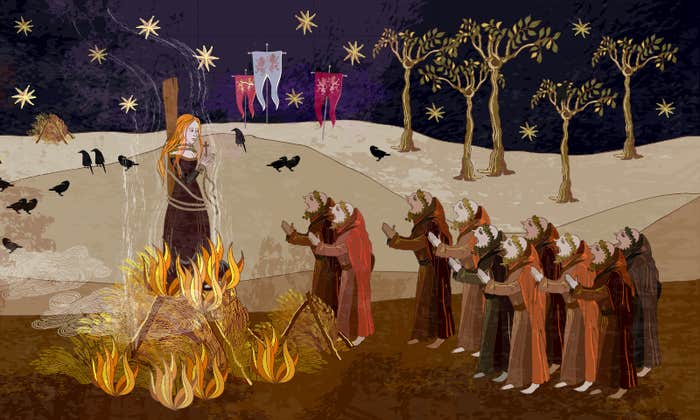
Robert Levine, a social psychologist at California State University, Fresno, will always remember a conversation he had with an exchange student from Burkina Faso, in Western Africa. Levine had complained to the student that he’d wasted the morning “yakking in a café” instead of doing his work.
The student looked confused. “How can you waste time? If you’re not doing one thing, you’re doing something else. Even if you’re just talking to a friend, or sitting around, that’s what you’re doing.”
The concept of “wasting” time made no sense to Levine’s student.
Levine had come up against a basic cultural difference noted by psychologists. He was thinking according to clock time. The student was on event time.
Life on clock time is scheduled. Events begin and end at specific times. People wear watches (or carry phones that display the time) and punctuality is prized. Clock time is the norm throughout the industrialized world (North America, Western Europe, East Asia, Australia, New Zealand).
The idea that “time is money” is taken for granted in many clock-time cultures, including North America. When we want to get something done we budget our time carefully. We read books and download apps to help with time management (which turns out to have similarities with financial management). And if we make an investment of time, we hope for good returns. (See the related Nautilus article by Greg Beato, about how wasting time can actually increase your creativity.)
Event time is very different. Time is not so tangible, and certainly not equivalent to money. Attending to relationships is more important than attending to the clock. Life is allowed to be more spontaneous. Events generally do not begin and end at specific times; they get underway when all of the relevant people are assembled, and they end when they reach an organic conclusion. Event time is standard in most of South America, Africa, and South Asia.
Life on clock time and life on event time are profoundly different, and people raised according to one paradigm can undergo a great deal of stress when compelled to live according to the other. An early study of Peace Corps volunteers found that unfamiliar approaches to time were one of the most challenging aspects of their postings.
Event time is very different. Time is not so tangible, and certainly not equivalent to money. Attending to relationships is more important than attending to the clock.
Even the meaning of “on time” is different in clock time and event time cultures, and subject to a good deal of cultural variation. In North America, the basic unit of time for assessing lateness is 5 minutes. So people typically feel the need to apologize if they are 10 minutes late (2 units of time). But people in the Arab world think of time in intervals of a quarter-hour, and would feel compelled to apologize if 20 minutes late (more than one unit of time).
Researchers found this pattern confirmed when they surveyed college students in Morocco, Estonia, and the U.S. When they were asked about when one would be considered inappropriately late or early in various scenarios, American and Estonian students tended to give answers in multiples of 5 minutes, and Moroccan students gave answers in 15-minute intervals.
The students’ perception of the “on-time window” also varied according to culture. A student meeting a teacher in his office would be inappropriately late after 11 minutes in the U.S., 14 minutes in Estonia, and 18 minutes in Morocco. The range of acceptable arrival time was greater in an informal scenario. Among American students, a friend invited to another friend’s house for lunch would be “too early” if arriving 45 minutes before the agreed time. In Estonia the friend could safely arrive up to an hour before the scheduled time, and Moroccan students felt the friend could arrive a full 90 minutes early.
(While there is anecdotal evidence that a quarter of an hour is the basic unit of time in other event-time cultures, this has not been tested experimentally).
If we believe that “time is money,” then anything that detracts from the task at hand is potentially a costly problem. This can make us obsessed with the danger of wasting time. It is easy to forget that clock time is a relatively recent historical development, depending as it does on reliable means of measuring time and widespread synchronization. These were not in place anywhere until about 150 years ago, and they filtered into societies at different rates. No wonder, then, that the obsession with “wasting” time, widespread in much of the world, is perplexing to people from other cultures.
Jeanette Bicknell, Ph. D., is the author of Why Music Moves Us (2009). She lives in Toronto, Canada.


























